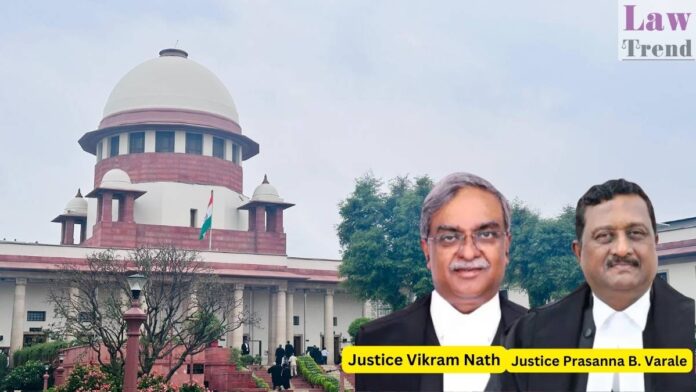The Supreme Court of India, in a judgment delivered on July 14, 2025, has ruled that criminal proceedings cannot be quashed merely because a civil suit concerning the same subject matter is pending, provided a prima facie criminal case is established against the accused. A bench of Justices Vikram Nath and Prasanna B. Varale set
To Read More Please Subscribe to VIP Membership for Unlimited Access to All the Articles, Download Available Copies of Judgments/Order, Acess to Central/State Bare Acts, Advertisement Free Content, Access to More than 4000 Legal Drafts( Readymade Editable Formats of Suits, Petitions, Writs, Legal Notices, Divorce Petitions, 138 Notices, Bail Applications etc.) in Hindi and English.




